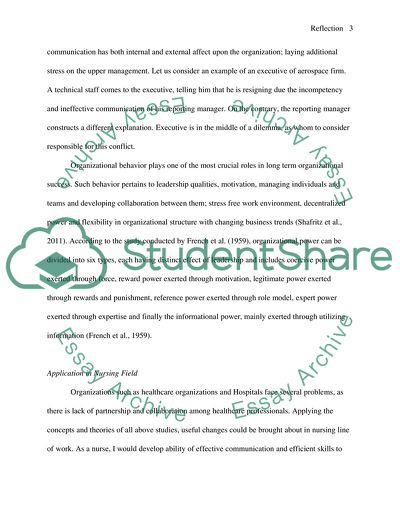Conflict in the Health Organizations Literature review. https://studentshare.org/nursing/1803426-preventing-conflicts-in-health-organizations
Conflict in the Health Organizations Literature Review. https://studentshare.org/nursing/1803426-preventing-conflicts-in-health-organizations.


